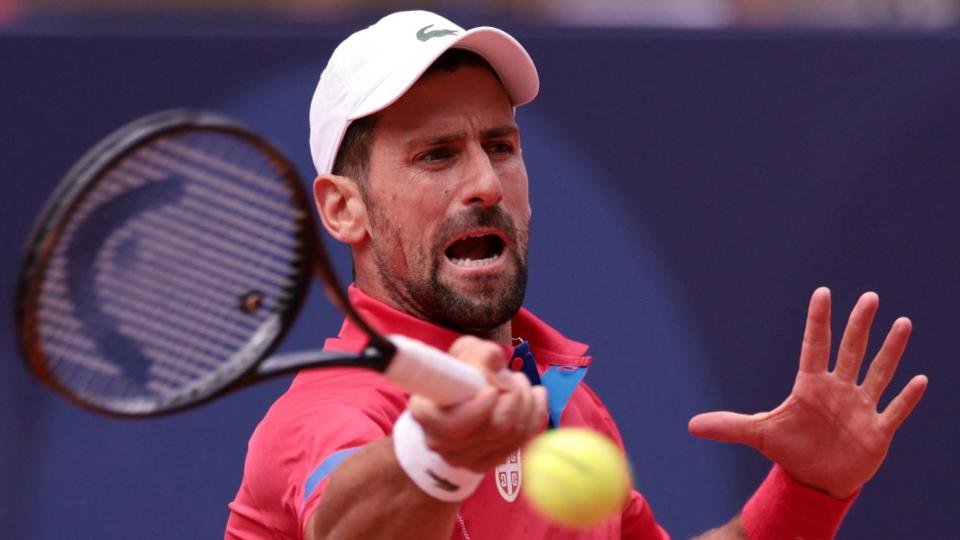Novak Djokovic has called for “clear protocols” and “standardised approaches” to doping cases in tennis, after Jannik Sinner avoided a ban after testing positive for a banned substance.
The world number one tested positive twice for clostebol (a steroid that can be used to increase muscle mass) in March.
The Italian was free from fault or negligence by a tribunal last week, with the International Tennis Integrity Agency (ITIA) finding that Sinner had been inadvertently contaminated with the substance by physiotherapist Giacomo Naldi.
Naldi had been applying an over-the-counter spray (given to him by fitness trainer Umberto Ferrara) to a cut on his own hand before performing the treatment on Sinner.
The 23-year-old, who is I no longer work with the couple, He received an automatic provisional suspension when he tested positive, but was able to continue playing after successfully appealing.
Some players have suggested Sinner received special treatment and, speaking ahead of the US Open, world number two Djokovic said: “I understand the frustration from players is there because of the lack of consistency.
“As I understand it, his case was resolved as soon as it was announced, but I think it was five or six months after he and his team were informed of the news (of the positive results).
“Yes, there are many problems in the system,” added the 24-time Grand Slam champion. “We see a lack of standardized and clear protocols. I can understand the feelings of many players who wonder if they are treated equally.”
“We hope that the governing bodies of our sport can learn from this case and take a better approach for the future. I think that, collectively, there needs to be a change.”
The decision not to sanction Sinner following the positive results has been criticised on social media by several players, including Australian Nick Kyrgios, Briton Liam Broady and Canadian Denis Shapovalov.
Australian Open champion Sinner will be the top seed at the US Open, the final Grand Slam of the year, which starts on Monday.
“Many players – without naming any – have had similar or almost identical cases, in which they have not had the same result,” added the 37-year-old Serbian Djokovic.
“Now the question is whether it is a question of funds, whether a player can afford to pay a significant amount of money to a law firm that would represent him more efficiently.
“I don’t know. Is it a case or not? I think it’s something we need to investigate more collectively, analyse the system and understand how these cases don’t happen. I’m not referring to the case itself, but how we can standardise everything so that all players, regardless of their classification, status or profile, can receive the same type of treatment.”
![]()

